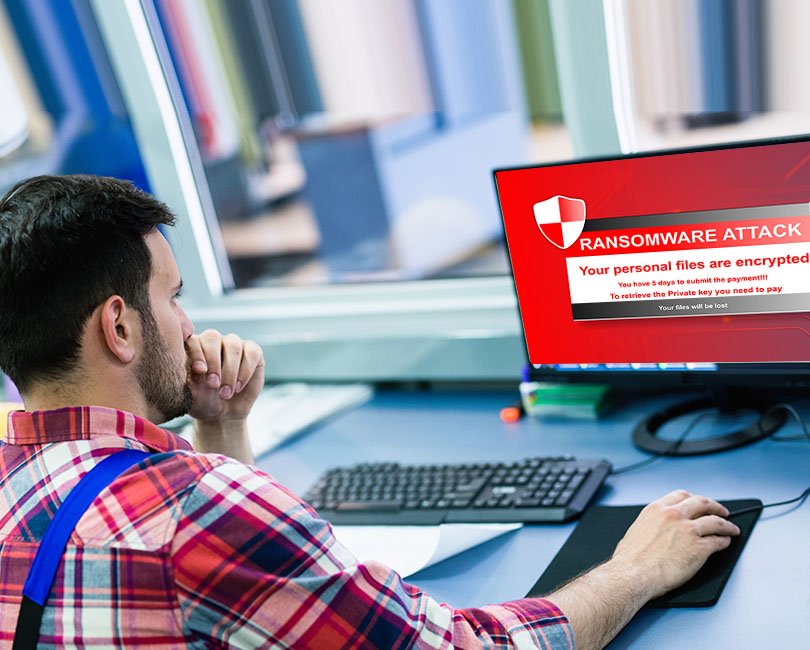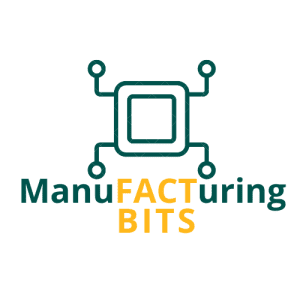Manufacturing Costs of Being Hacked: 4 Facts You Should Know

 Most companies view being hacked as an inconvenience more than anything else. But ask any manufacturer who’s experienced a cyber-attack, and they will tell you that it comes with unexpected costs, including hits to their bottom line. The consequences of not being able to meet goals amidst an already strained supply chain can have a devastating impact. This blog will discuss the top 4 facts surrounding cyber-attacks within the manufacturing industry.
Most companies view being hacked as an inconvenience more than anything else. But ask any manufacturer who’s experienced a cyber-attack, and they will tell you that it comes with unexpected costs, including hits to their bottom line. The consequences of not being able to meet goals amidst an already strained supply chain can have a devastating impact. This blog will discuss the top 4 facts surrounding cyber-attacks within the manufacturing industry.
FACT #1: Big and small companies are hacked.
The biggest excuse for not proactively securing data is “I’m too small; it won’t happen to me.” The fact is that cyber-attacks happen to small and medium-sized manufacturers every day. And smaller firms tend to be collateral damage from more significant attacks. Of course, these attacks rarely make the news.
Companies handle attacks in all different ways. In the case of ransomware, paying the ransom doesn’t guarantee you get your data back or that all the malware is removed. Some companies can section off the data and move on. Other victims are down for days or weeks until data is recovered. It can happen to you. It is a matter of when. What have you done to lower your risk?
FACT #2: Manufacturers have a lot of essential data.
Think about it; for you to make any part or product, digital files are required, including CADD files, product specifications, and quite possibly intellectual property. If you are a job shop, you also have client files. Client’s put trust in you to keep their data safe.
This sentiment will ring especially true for anyone working in the Department of Defense supply chain.
There is a reason Cybersecurity Maturity Model Certification, or CMMC for short, is required to protect the aforementioned critical components. The truth is that all data is vital to someone, and unfortunately, many criminals are willing to exploit that fact.
FACT #3: Operational technology should be separated from your information technology.
The separation of operational and informational technology is something I learned when talking to one of Stambaugh Ness’s cybersecurity experts. The fancy terminology explanation was that the two systems should be bi-furcated.
The manufacturing industry is unique with its number of connection points between clients, files, machines, and shipping. And while I recognize that not all machines are considered Industry 4.0 or smart technology, more and more, that is the direction we are headed towards. As that infrastructure is built, it must have its own level of security, including keeping your office and production work fully separated. An interesting fact- many network firewalls are ill-equipped to deal with manufacturing-specific protocols in the complex control network. If hackers gain access to your machines and your IT, they have the master key to the kingdom. Proactively preparing for this scenario is vitally important in protecting your business.
FACT #4: You stop making money when a machine goes down.
When your plant is running at total capacity, you can hear the hum of your product as it turns into money.
I am sure this sound is much preferred to the deafening silence of a quiet plant due to a hacker. Consider how disruptive it is when just a single machine goes down for unplanned maintenance. Now multiply that several times in the case of a cyber-attack. You probably have a number in your mind about how much money you make in a day, an hour, maybe even a minute. During an attack, that number quickly changes from a positive to a negative.
Next Steps
Cyber-attacks can have a devastating impact on your production. Watch our on-demand webinar, Ransomware: Security Solutions for Your Firm, where SN’s cyber experts help you learn how to improve detection and develop a proactive response plan. Avoid the downtime and keep your machines humming.



